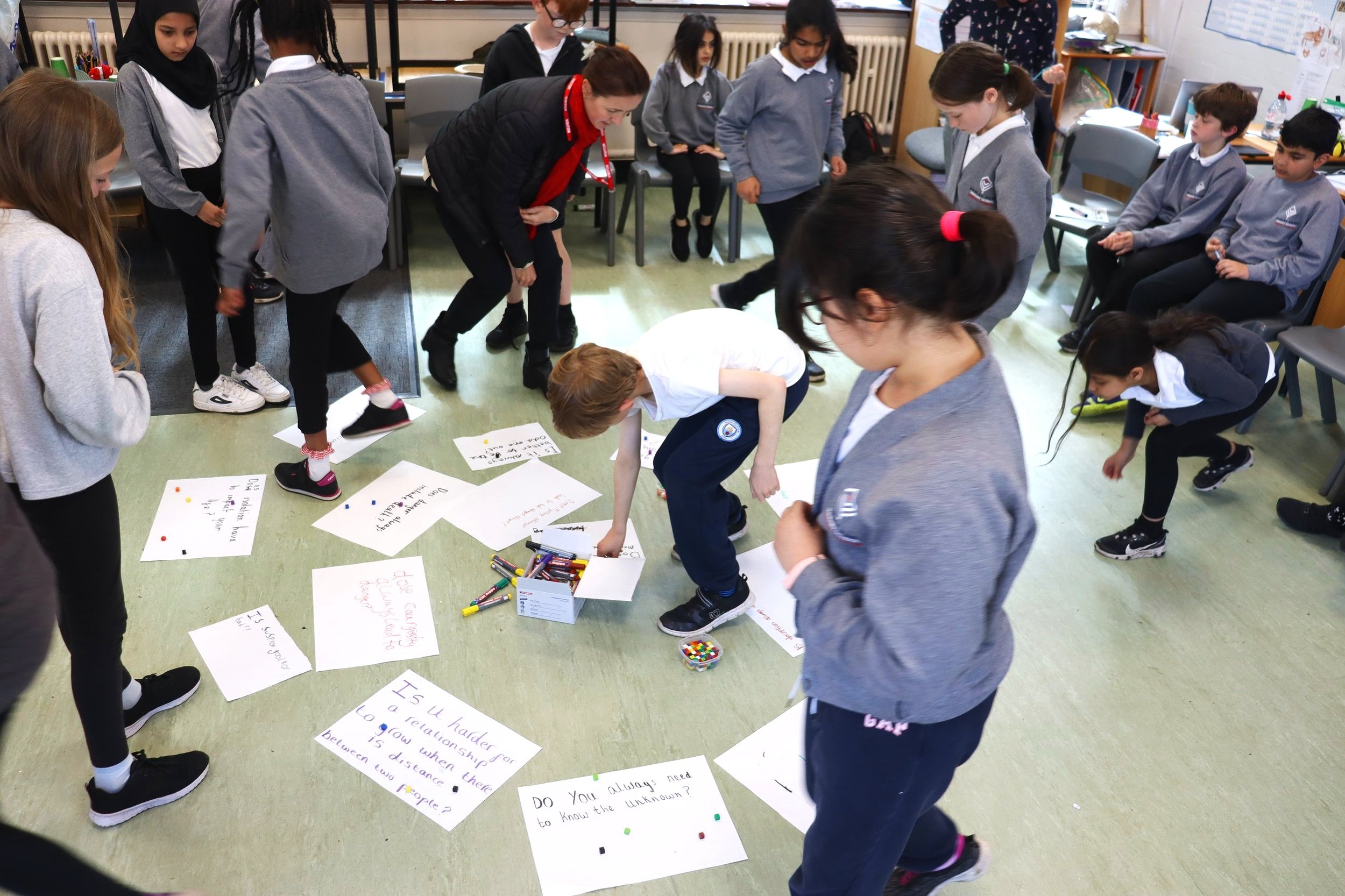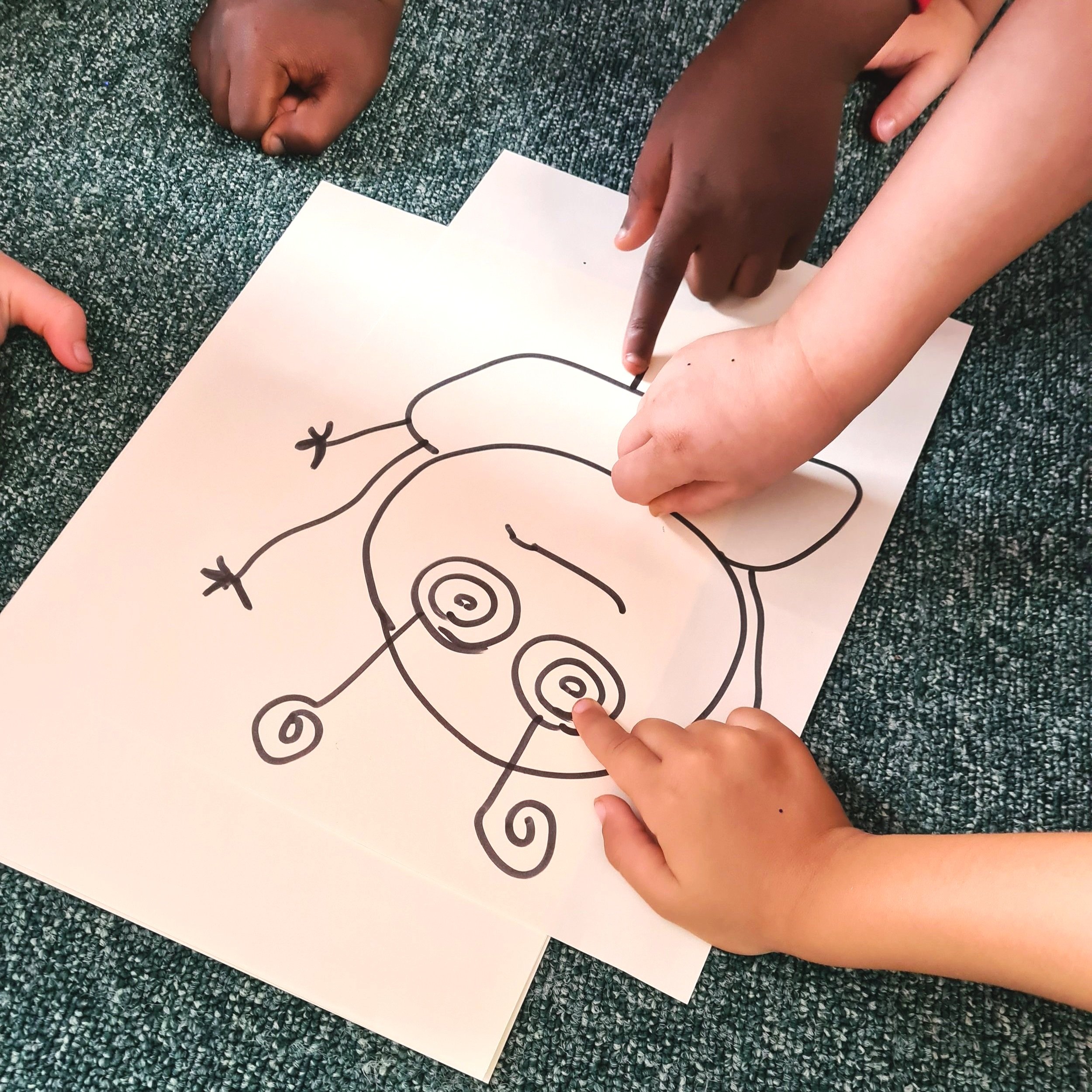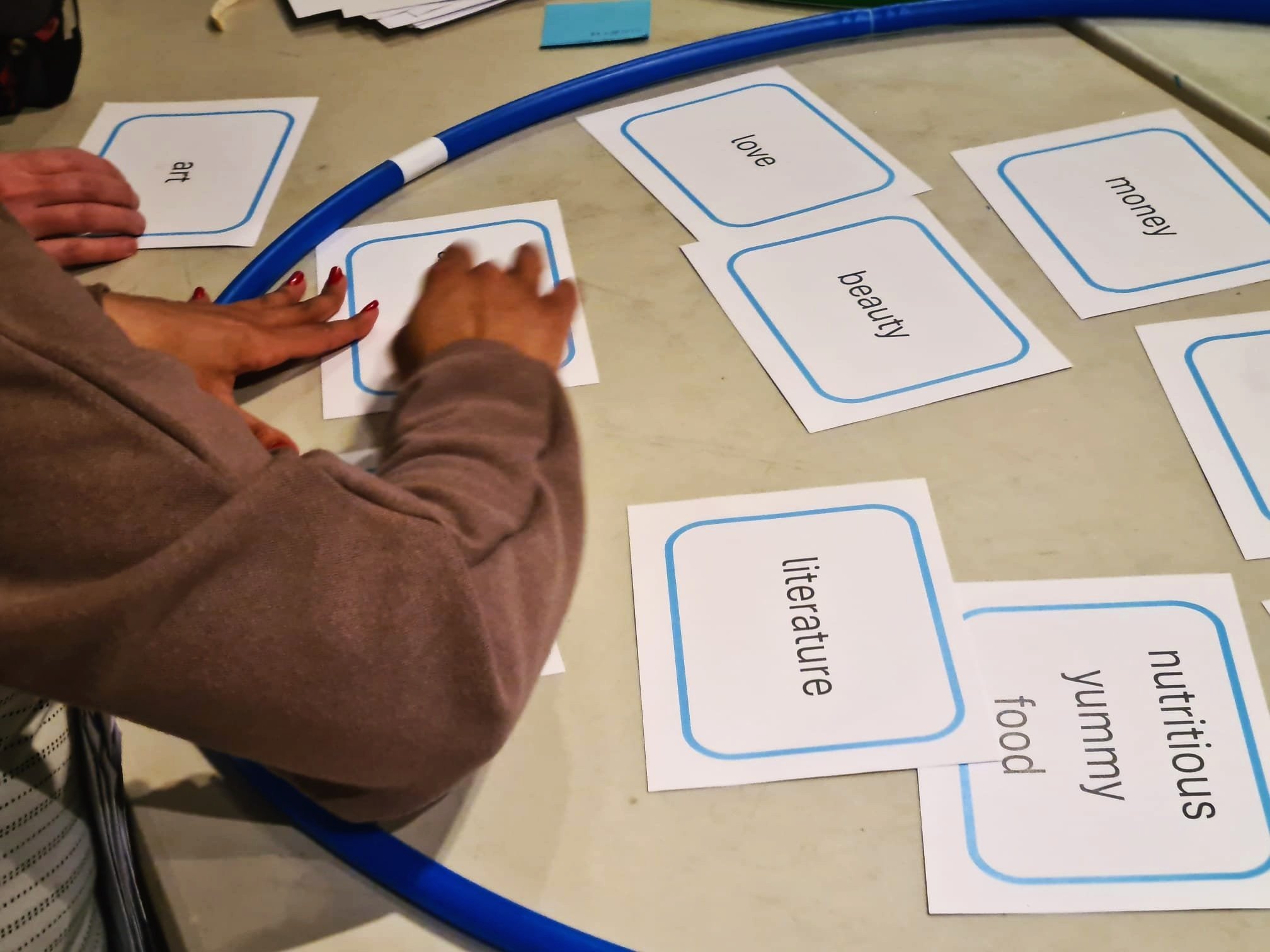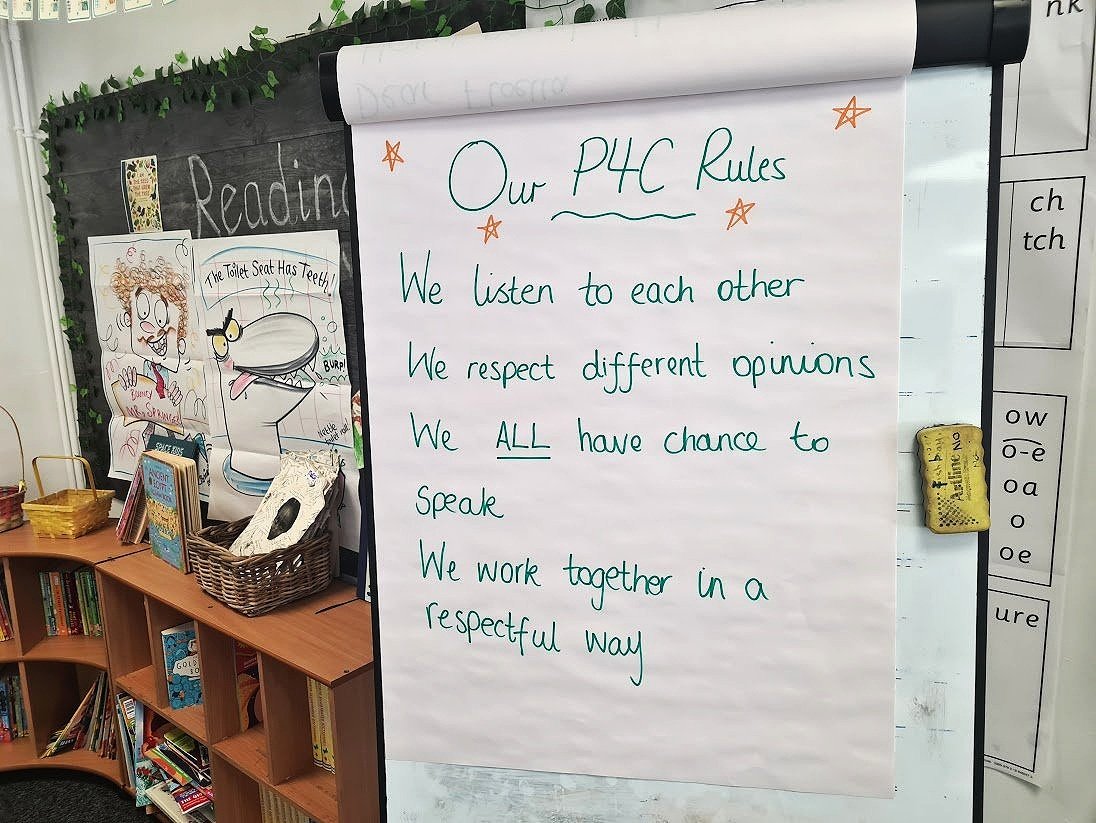We often start P4C with a game or warm-up activity. Whilst these are popular because they are fun, it’s important to remember that each game also helps to practise or develop certain skills. (It can actually be worth sometimes asking students, after they’ve played a game, which skills they were practising or developing.)
As with all good teaching and learning, in P4C it’s important to assess which skills pupils have got, and which they still need to develop. You can then plan appropriate activities or games.
For example, if a class are struggling with turn-taking, it might be good to play some turn-taking games (e.g. Pass the Tambourine) at the start of every session, and draw specific attention to this.

If I had a magic wand I would… (image from Pixabay)
Games to develop reasoning
Games to develop creative thinking
Games to build community
Games to develop listening
Have fun!
An example of using children’s wonderings to guide a philosophical discussion
Get your class thinking about fairness, teamwork, competition and more
Ways to keep everyone engaged and develop the community of enquiry
A detailed description including building, helping, sharing and working together
How to start a question, and think about whether or not it’s philosophical
How do they want to behave to become great 4C thinkers?






























